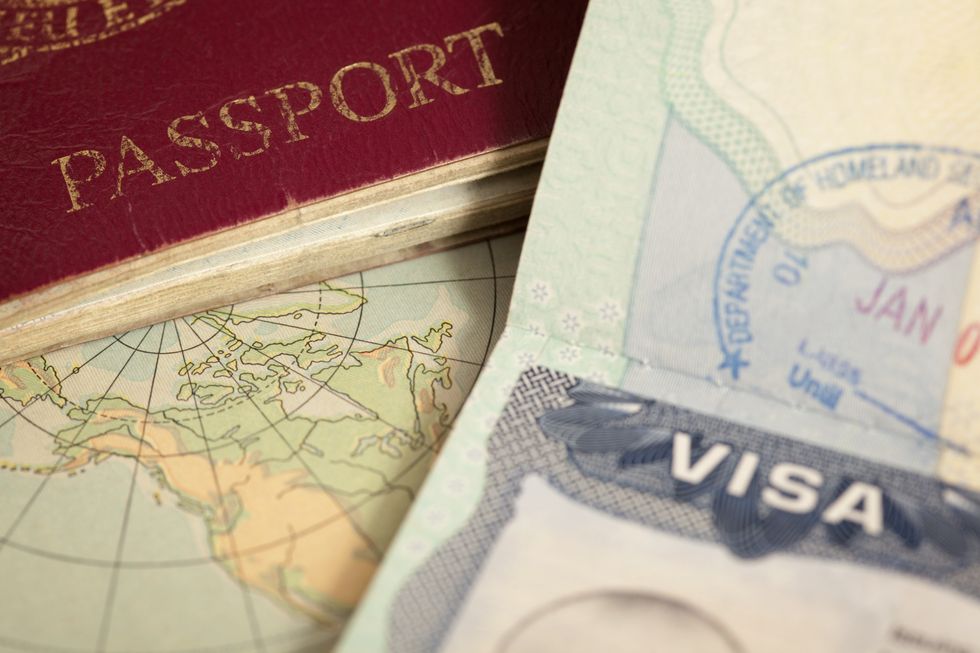Eurostar travellers have been warned about possible delays in London from October as a fresh set of requirements are introduced at St Pancras station.
The rollout of the new EU digital border system next autumn will require fingerprints and facial scans from British travellers on first use.
Although there are high hopes that the new border system will speed up procedures at passport control, peak travel times could see longer wait times as travellers go through the new screening process.
Eurostar travellers with a non-EU passport will have to turn up at the station early to allow enough time to go through boarding procedures.
Eurostar travellers could be hit by delays as the new system is rolled out
PA
Passengers will be required to show up to two hours before departure as the new system launches and collates data.
Fingerprints and pictures stored in scanning machines will remain there for three years, allowing individuals to be verified on future trips around the EU.
The exit-entry system will replace the physical stamping of passports when going through passport control.
A House of Lords committee warned the Government that there will be ‘serious delays for passengers’ at St Pancras unless the rollout is postponed.
The kiosks, which were supposed to roll out in 2022, will be located by the main entrance on the ground floor of St Pancras.
The new Entry-Exit System (EES) and European Travel Information and Authorisation System (ETIAS) will control the data of non-EU citizens crossing other external borders within the Schengen area, including Spain.
Sara Rodriguez, travel expert and founder of Madrid Traveling, broke down what the bureaucratic changes will mean for tourists visiting popular European destinations in a previous conversation with GB News.
She explained: “The new ETIAS authorisation system coming into effect in 2024 will impact British travellers heading to Spain and France.
“The process of applying for ETIAS online is simple and similar to the ESTA system used for US visits. It’s a small administrative task,” the expert explained.
“In terms of potential delays, the introduction of biometric checks is what likely causes most concerns.
LATEST DEVELOPMENTS

The exit-entry system will replace the physical stamping of passports
GETTY
“From my experience of crossing borders extensively within Europe, any changes initially cause longer waits that improve quickly once officials and travellers adjust.
“A little patience may be needed that first year but it shouldn’t deter travel.”
To best prepare for the update, Rodriguez recommends applying for the ETIAS authorisation as soon as trip details are confirmed.
Staying informed about the latest policies will prevent last-minute problems as disruptions are likely to occur.

